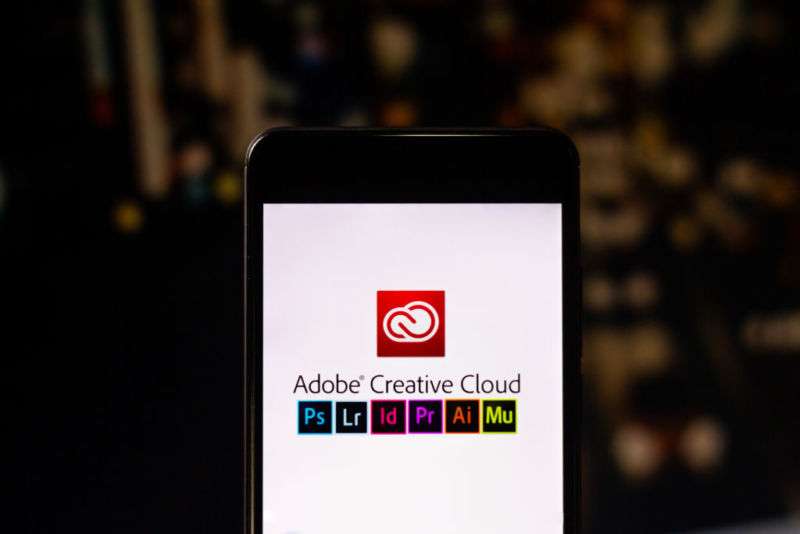
Adobe backtracks, will refund customers after canceling their accounts

Adobe has reversed itself on a curious decision that would have denied refunds to customers in Venezuela whose accounts are being canceled through no fault of their own.
Adobe announced Monday that it is deactivating all user accounts in Venezuela in order to comply with an executive order issued by President Donald Trump. Adobe interpreted the executive order much more broadly than other companies, claiming that it was “unable to issue refunds” because the order required cessation of all business activity.
This was strange in part because the executive order doesn’t actually require cessation of all business activity between US companies and Venezuelan people, as it was targeted at the Venezuelan government and people who provide material support to the regime.
Additionally, Adobe was giving customers in Venezuela until October 28 to download any content they have stored in their Adobe accounts. The company didn’t explain why it could continue providing that service for a few more weeks while simultaneously being unable to issue refunds to customers who won’t keep getting what they paid for.
Adobe reversed the no-refund part of its decision in an update to the support document yesterday. “If you purchased directly from Adobe, we will refund you by the end of the month for any paid, but unused services. We are working with our partners on the same,” Adobe said in the update.
Adobe also reversed itself on one other portion of the mass account deletion. Adobe originally said it would have to stop providing both fee-based and free services to people in Venezuela. But now, Adobe says its free Behance social media platform will continue to be available in Venezuela after the cutoff date for other services.
“In order to remain compliant, Adobe will be deactivating all accounts in Venezuela, with the exception of Behance, on October 29, 2019,” Adobe said.
Trump’s executive order, titled “Blocking Property of the Government of Venezuela,” was a response to Venezuela’s ongoing presidential crisis following a disputed election held in May 2018. The US supports Juan Guaidó’s claim to the presidency and describes President Nicolás Maduro as a usurper, saying the US is trying to “isolate Maduro’s illegitimate regime from the global financial system and the international community.”




